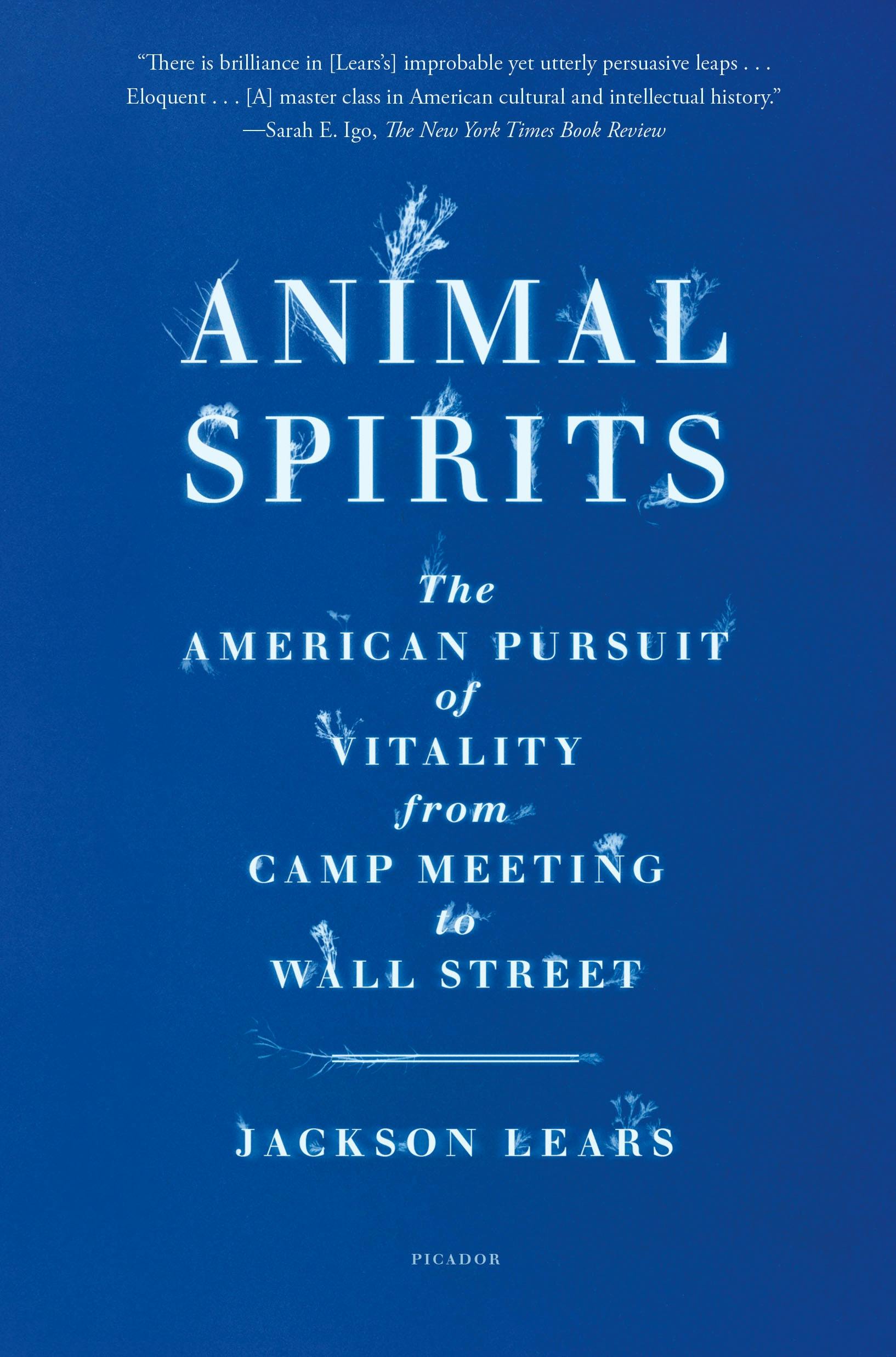Drinking deer blood is considered a cultural practice in some regions. It’s often associated with various traditional beliefs.
In certain cultures, the consumption of deer blood is ritualistic, symbolizing strength, vitality, and connection with nature. The act is steeped in ancient traditions where hunters would drink the blood of their first kill to honor the spirit of the animal.
Today, although less common, this practice persists among some indigenous communities as well as in various ceremonial events. For these groups, deer blood is not merely a beverage but a significant part of their heritage that commands respect. From a health perspective, consuming raw blood poses risks, including the transmission of blood-borne diseases and parasites. Meanwhile, from a conservation standpoint, it’s important to consider the legal and ecological aspects of hunting deer, ensuring that such practices are regulated to prevent overhunting and to maintain animal populations.

Credit: us.macmillan.com
Drinking Deer Blood: Ancient Rituals Unearthed
Drinking deer blood sounds like a tale from a forgotten age. Yet, this practice is part of many ancient cultures. These rituals tell us stories about survival, symbolism, and spirituality. Today, we uncover the mystery and significance behind such unusual traditions.
Historical Context Of Blood Consumption
Blood has always played a pivotal role in human history. It’s a symbol of life and vitality. Ancient civilizations consumed blood to sustain life, honor deities, and forge connections with the natural world.
- Vikings drank blood for strength in battle.
- Gladiators drank blood for courage.
- Priests used blood in sacred ceremonies.
Deer Blood In Indigenous Cultures
The tradition of drinking deer blood spans numerous indigenous cultures. Each group has unique reasons for this practice.
| Culture | Use of Deer Blood |
|---|---|
| Native Americans | For health and spiritual healing. |
| Ainu People | In rituals to honor animal spirits. |
| Siberian Tribes | To seal pacts and kinship. |
Beyond strength or honor, deer blood represents a deep connection with wildlife. Indigenous people treated animals as sacred beings. They used every part, with nothing going to waste. Drinking deer blood was a sign of respect, a bond with the forest and its creatures.

Credit: www.mdpi.com
Symbolism Embedded In The Ritual
Drinking deer blood is more than an action; it’s a deep-seated ritual. To many, this act embodies elements of tradition and carries significant symbolic weight. Uncover the powerful meanings behind this ancient practice in the sections below.
Interpreting Vitality And Strength
Drinking deer blood often symbolizes absorbing the animal’s essence. Participants believe they gain the deer’s qualities. Vitality and strength are chief among these. It’s like harnessing the deer’s life force.
- Vigor: Sipping the blood suggests a transfer of energy.
- Endurance: Deer are seen as resilient creatures, qualities hope to be gained.
- Health: The blood represents well-being and long life.
Spiritual Connections And Beliefs
The ritual extends beyond the physical act to spiritual connections. For some cultures, it’s a sacred communion. It bridges the gap between humans and nature.
| Belief | Significance |
|---|---|
| Unity with Nature | Shows respect and oneness with the wild. |
| Ancestral Honor | Continues age-old traditions of forebears. |
| Spiritual Empowerment | It’s a ritualistic form of gaining spiritual might. |
Deer Blood Rituals In Various Civilizations
Welcome to a journey into the past where ritualistic practices shaped the lives of ancient people. The act of drinking deer blood has created a patchwork of fascinating traditions across civilizations. From Native American spiritual ceremonies to ancient Asian healing practices, the consumption of deer blood holds a profound place in cultural histories.
Let’s explore how different cultures have integrated deer blood rituals into their societies!
Native American Traditions
Native Americans revered the deer as a spiritual symbol. Tribes such as the Cherokee participated in deer blood rituals, believing it to contain vital life forces. Rituals were often performed to garner strength, bravery, and spiritual insight.
- Honoring the spirit: Drinking the deer’s blood was an act of respect.
- Embodying virtues: Warriors sought courage from the deer’s essence.
- Healing ceremonies: Deer blood was used in traditional medicine.
Ancient Asian Ceremonies
In Asia, particularly within Chinese and Korean cultures, deer blood was consumed for vitality. It was a symbol of longevity and health. Here are some aspects:
| Ritual Aspect | Description |
|---|---|
| Elixir of Life: | Believed to increase lifespan and cure ailments. |
| Martial Arts: | Consumed by warriors to boost energy and power. |
| Seasonal Practices: | Season-specific ceremonies for harmony with nature. |

Credit: us.macmillan.com
Modern-day Perception And Practice
Throughout history, drinking deer blood has been a customs grounded in various cultures. Today, people perceive this tradition differently, often influenced by contemporary values and insights. Some communities continue this practice, citing ancestral heritage and health benefits. Still, it stirs up a mix of fascination and concern in modern-day discussions.
Despite evolving societies, certain groups retain their time-honored traditions. Drinking deer blood remains a ceremonial act for some, reflecting a deep connection with nature and ancestral ways. These practices usually occur in remote regions, away from urban influences, preserving the original essence of the ritual.
- Indigenous groups: Maintain the ritual for cultural identity.
- Adventure seekers: Try the practice as part of exotic tourism.
Deer blood, once deemed medicinal, faces scientific scrutiny today. The health impacts are debated, with evidence pointing to potential risks of consuming raw blood. Ethical perspectives on animal rights also raise questions about the practice’s morality.
| Health Aspect | Risks | Potential Benefits |
|---|---|---|
| Disease transmission | Zoonotic infections | None supported by modern science |
| Nutrition | Unbalanced, may cause harm | Historical claims of vitality |
In addition, ethical discussions involve respect for wildlife. Animal welfare laws in many countries do not support such blood-drinking rituals. Culture and tradition face sustainability questions in our current global framework, pushing some to reconsider old practices.
- Animal rights activism influences public opinion.
- Legal restrictions impact the continuation of such practices.
Conserving Wildlife Versus Preserving Tradition
The practice of drinking deer blood stands at a crossroads between tradition and conservation. This age-old custom links many cultures to their heritage. Yet, it raises vital questions about the impact on deer populations and the broader ecosystem. In this light, finding a balance is crucial for the sustainable preservation of both wildlife and cultural practices.
Impact On Deer Populations
Drinking deer blood could lead to a decline in deer numbers if not managed properly. Data shows that unregulated hunting for this purpose is unsustainable. This table illustrates the potential effects on deer herds:
| Aspect | Unsustainable Hunting | Sustainable Practices |
|---|---|---|
| Population Growth | Negative Impact | Maintained |
| Ecosystem Balance | Disrupted | Stable |
| Cultural Practices | Short-term Fulfilment | Long-term Preservation |
Balancing Conservation With Cultural Respect
To protect wildlife while respecting traditions, communities can adopt sustainable approaches. Engaging in dialogue with indigenous groups is essential. Here are key steps to achieve harmony between conservation and culture:
- Establish quotas to regulate how many deer can be hunted.
- Implement seasons for hunting that align with deer mating and migration patterns.
- Create educational programs to spread awareness about the importance of wildlife conservation.
- Encourage alternative rituals that honor cultural heritage without harming deer populations.
These steps help maintain deer numbers while allowing communities to continue their cherished traditions.
Frequently Asked Questions For Drinking Deer Blood
Is Drinking Deer Blood Safe For Humans?
While deer blood is consumed in some cultures for perceived health benefits, it is not generally considered safe. Drinking raw blood poses risks including exposure to pathogens, parasites, and disease transmission from animal to human.
What Are The Traditional Reasons For Drinking Deer Blood?
Traditionally, some cultures believe drinking deer blood offers vitality, strength, and health benefits, particularly in enhancing stamina and physical capabilities. These practices often stem from ancient rituals and medicine systems.
Can Deer Blood Consumption Pose Allergy Risks?
Yes, consuming deer blood can potentially trigger allergic reactions in some individuals. Symptoms might range from mild to severe and can include hives, respiratory issues, and anaphylaxis, so caution is advised.
What Nutritional Value Does Deer Blood Have?
Deer blood contains iron, proteins, and other minerals. However, the potential health risks of consuming raw blood usually outweigh these nutritional benefits. Properly processed and cooked deer products are safer alternatives to obtain these nutrients.
Conclusion
Navigating the ancient practice of drinking deer blood reveals a deep cultural reverence. This ritual, steeped in tradition, underlines a connection to nature that many seek to understand. While not for everyone, its significance resonates across different societies. For those intrigued, it’s a path worth exploring, offering insights into age-old customs that adorn our global heritage.

